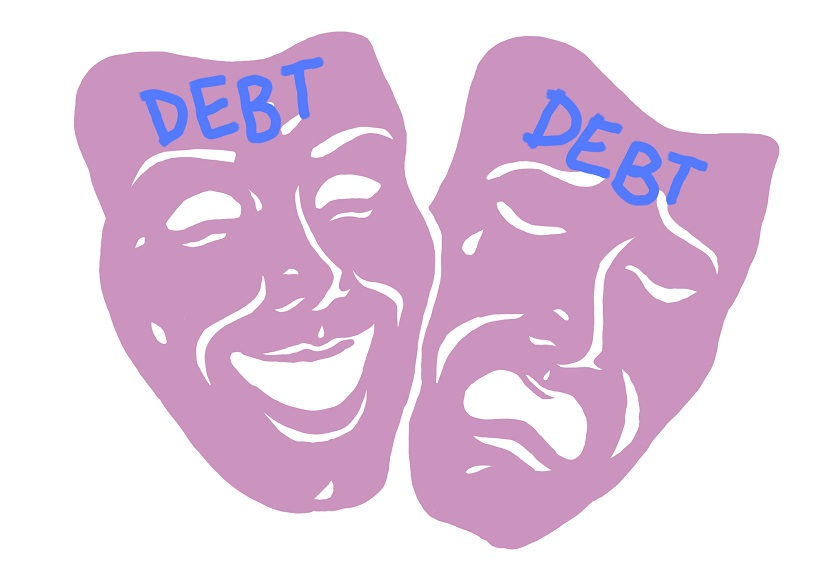Why You Should Own a Credit Card
For most Americans, money is a taboo subject to talk about. We all need it and use it every day, but we seldom discuss our own personal use in everyday conversation. If you make too much of it, you could be labeled greedy. If you don’t make any, you could be considered lazy or wasteful.
I got my first credit card during my early college years, against the better wishes of my parents, who always insisted that I didn’t need one. To an extent, they were correct. If you plan on purchasing new vehicles and homes, as well as paying for emergencies, with cash, then no… perhaps you do not need a credit card. However, if you plan on moving out of your parents’ home and into your own at any point, you should own a credit card.
My first credit card came from a department store called Express. I opened the account because I worked there. Without proper knowledge and good sense, I soon hit my $200 limit, which equated to two t-shirts and one pair of jeans. There was nothing inherently wrong with owning the card; in fact, the account is still open and in good standing. The problem is that when you max out a credit card, especially if it is your only card, then it hurts your credit score, but I was unaware.
No schools I attended ever taught me how to be responsible about credit card use. Only a few of my friends’ parents ever talked to them about responsible credit card use—and with good reason. Money can be a very difficult topic for many families, especially if there is very little of it going around. If you have a ton of money, then money may be a pleasant thing for you to talk about. If you’re poor, it may be a very sore subject.
Even so, when money is discussed, the conversations I typically hear about credit cards don’t differentiate between good debt and bad debt. “Good debt is investment debt that creates value; for example, student loans, real estate loans, home mortgages and business loans,” says Eric Gelb, CEO of Gateway Financial Advisors and author of Getting Started in Asset Allocation. On the other hand, if you purchase clothes, their market value immediately declines after you pay for them. If you borrowed money to pay for them, that’s bad debt because the product you’re purchasing loses value immediately. Your jeans have no potential to increase in value.
The catch-22 about accumulating good debt is that you need a good credit score in order to qualify for asset building loans. So, how do you build up your credit score?
First of all, in order to have a FICO score, you need at least one account that’s been open six months or longer, and you need at least one creditor reporting your activity to the credit bureaus for at least six months. Your credit score is then determined by a number of factors including the number of accounts in good standing, debt-to-credit ratio, age of average account, and the number of credit inquiries. By opening a credit card, you increase your number of accounts and increase your debt-to-credit ratio thus increasing your credit score.
It should be noted that since your credit card account is new and since the age of your accounts is averaged, this will potentially have a negative impact at first, but the longer you keep the card in good standing, the more it will increase your score in the long run.
One tactic I recommend for beginners, who would like to open a credit card to build their credit, is to open the credit account, make a purchase, and immediately pay off the balance on the card. You can compound this technique by paying utility bills with your new credit card and then immediately pay off your credit card. If you don’t wait 30 days, then no interest will accumulate and it will virtually be the same as paying your utility bill.
Placing your cell phone and utility bills in your name is also a good way to boost your credit score when you make your monthly payments on time.
If you have discipline, owning a credit card makes good financial sense because it helps you establish your credit and is a small step towards helping you qualify for larger, wealth-building loans.





